Sections
The AACR Academy was established in 2013 to recognize and honor distinguished scientists whose major scientific contributions have propelled significant innovation and progress against cancer. The Fellows of the AACR Academy provide advice and counsel to AACR leadership on questions of science and public policy.

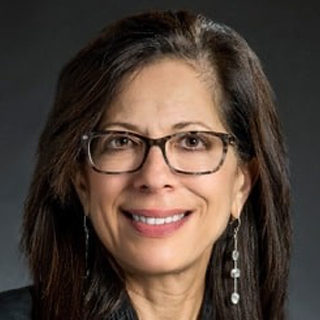
Elizabeth M. Jaffee, MD, FAACR

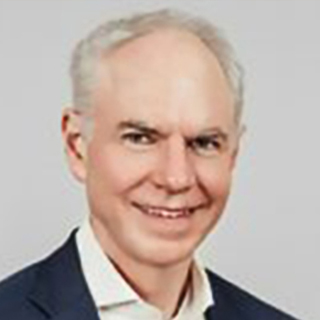
Charles L. Sawyers, MD, FAACR

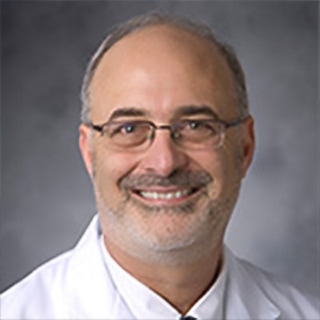
Michael B. Kastan, MD, PhD, FAACR
(2021–2024)
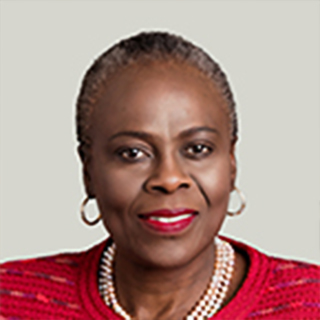
Olufunmilayo I. Olopade, MD, FAACR
(2021–2024)
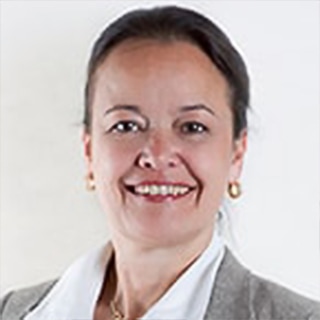
Martine J. Piccart, MD, PhD, FAACR
(2020–2023)
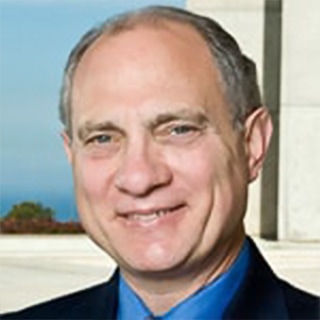
Geoffrey M. Wahl, PhD, FAACR
(2020–2023)

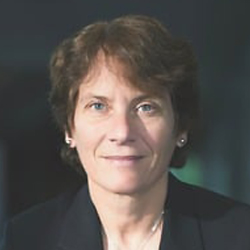
Carolyn R. Bertozzi, PhD
Stanford University
Stanford, California
For visionary contributions to the Nobel Prize-winning development of click chemistry through the invention of bioorthogonal chemistry; for profiling alterations in cell surface glycosylation associated with cancer, inflammation, and bacterial infection; and for spearheading the development of novel therapeutic modalities for immuno-oncology.
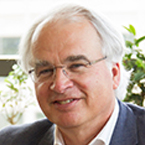
Stephen J. Chanock, MD
National Cancer Institute
Bethesda, Maryland
For pioneering efforts dedicated to defining detectable clonal mosaicism and for impactful research focused on the discovery and characterization of cancer susceptibility regions in the human genome, directly enhancing our understanding of the association between inherited genetic variants and cancer risk.
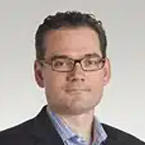
George Coukos, MD, PhD
Lausanne University Hospital
Ludwig Institute for Cancer Research,
Lausanne, Switzerland
For seminal contributions to characterizing the occurrence of spontaneous immune responses in ovarian tumors, for demonstrating that tumor-infiltrating lymphocytes may function as strong predictors of enhanced ovarian cancer survival, for identifying fundamental mechanisms regulating T-cell infiltration in cancers and the regulatory function of the tumor endothelial barrier, and for designing and implementing rational immunotherapy clinical trials leveraging the above mechanisms.
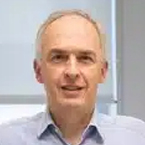
Hugues de Thé, MD, PhD
Collège de France
Paris, France
For unparalleled investigations into identifying the molecular drivers of promyelocytic leukemia and developing targeted and curative treatments involving retinoic acid and arsenic that have radically transformed the clinical management of this disease.
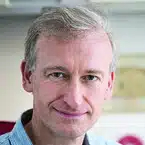
Julian Downward, PhD
The Francis Crick Institute
London, United Kingdom
For pioneering research leading to the discovery of the epithelial growth factor receptor as the ErbB oncogene product, paving the way for development of drugs targeting EGFR and ErbB2/HER2 in lung, colon, and breast cancers; and for defining RAS/RAF and RAS/PI3K signaling pathways as critical drivers of cancer cell growth.

Laura J. Esserman, MD, MBA
University of California
San Francisco, California
For steadfast commitment to breast cancer research; her pivotal role as the architect of the Athena Breast Health Network, which gave rise to the WISDOM study, a trial of annual vs. personalized screening and prevention that has enrolled over 50,000 women; for the development of new and improved methods to classify tumor subtypes and determine optimal treatment escalation and/or de-escalation; and for visionary leadership of the I-SPY2 adaptive neoadjuvant platform trial for women with stage 2/3 breast cancer—the longest-running platform trial in cancer—which has tested 24 agent combinations over 12 years.
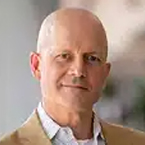
Keith T. Flaherty, MD
Harvard Medical School
Massachusetts General Hospital
Boston, Massachusetts
For groundbreaking translational discoveries and seminal contributions to the development of vemurafenib and other therapeutic agents for the treatment of melanoma, translating investigations of the BRAF V600E somatic mutation in cancer into effective therapies, including the FDA-approved five-drug series for melanoma.
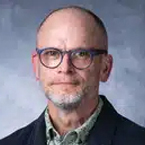
Andy Futreal, PhD
The University of Texas MD Anderson Cancer Center
Houston, Texas
For unrivaled research efforts involving large-scale systematic cancer genomics that identified breast and ovarian cancer susceptibility genes and multiple human cancer genes, notably the landmark discovery of BRAF mutations in melanoma—a discovery that led to the development and rapid approval of the first effective targeted therapy for advanced melanoma.
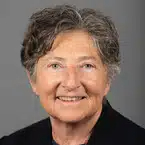
Judy Lieberman, MD, PhD
Harvard Medical School
Boston Children’s Hospital
Boston, Massachusetts
For fundamental research contributions to the field of cancer immunology that have contributed to understanding cytotoxic T lymphocytes, key effector cells in antitumor immunity; for the discovery of T-cell exhaustion in humans; and for innovative work describing the molecular basis of inflammatory cell death (pyroptosis) that is immunogenic and may be exploited to enhance antitumor immunity.
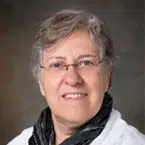
Patricia M. LoRusso, DO, PhD (hc)
Yale Cancer Center
Smilow Cancer Hospital
New Haven, Connecticut
For unrivaled clinical cancer research contributions including expertly and extensively designing and executing innovative early-phase clinical trials; and for improving therapeutic outcomes to not only reduce mortality rates, but also enhance the quality of life for patients with cancer.
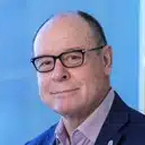
Luis F. Parada, PhD
Memorial Sloan Kettering Cancer Center
New York, New York
For illuminating research contributions involving the integration of molecular genetics, embryonic development, and signal transduction to understand nervous system tumors; and for pioneering the development of mouse models specifically designed for the investigation and development of glioblastoma multiforme therapies.
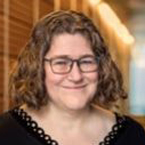
Dana Pe’er, PhD
Memorial Sloan Kettering Cancer Center
New York, New York
For fundamental contributions to the development of computational methods and algorithms that, when combined with high throughput experimental techniques, have provided key insights into the impact of genetic aberrations on molecular networks responsible for the onset and progression of various cancer malignancies.
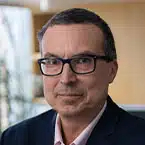
Charles M. Perou, PhD
University of North Carolina Lineberger Comprehensive Cancer Center
Chapel Hill, North Carolina
For laudable research contributions that have led to the identification of intrinsic breast cancer subtypes, including the basal-like/triple-negative breast cancer subtype; and for the development of clinical diagnostic tests that are now widely used to stratify breast cancer patients based on the molecular characteristics of their tumors.
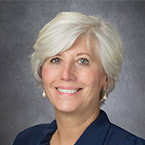
Helen Piwnica-Worms, PhD
The University of Texas MD Anderson Cancer Center
Houston, Texas
For outstanding efforts dedicated to the identification of protein kinases and phosphatases that regulate CDK1; the discovery that Wee1 directly phosphorylates and inhibits CDK1, revealing that CHK1 can be targeted by the synthetic derivative of staurosporine, UCN-01; and for the discovery of signaling pathways involving 14-3-3 proteins responsible for cell cycle checkpoint control.
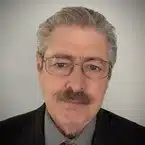
Thomas M. Roberts, PhD
Harvard Medical School
Dana-Farber Cancer Institute
Boston, Massachusetts
For instrumental contributions to elucidating the tyrosine kinase signaling pathways critical for tumorigenesis, with particular emphasis on PI3K; and for ushering in the age of precision medicine through fundamental discoveries of signaling mechanisms capable of regulating cell growth, knowledge that has been subsequently applied to the development of transformative cancer therapies.

Erkki Ruoslahti, MD, PhD
Sanford Burnham Prebys
La Jolla, California
For paramount discoveries involving the mechanisms of cellular adhesion; for the co-discovery of fibronectin, the discovery of the fibronectin RGD cell attachment sequence, homing peptides, and tumor-penetrating peptides; and for the development of therapeutics for vascular thrombosis and cancer.
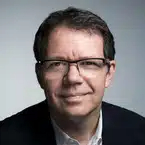
Michel Sadelain, MD, PhD
Memorial Sloan Kettering Cancer Center
New York, New York
For unparalleled contributions to the conceptualization and optimization of chimeric antigen receptor (CAR) T cells, including engineering CARs that provide enhanced proliferation, survival, and potency to T cells, identifying CD19 as a target for CAR therapy, and designing CD19 CAR therapies for patients with relapsed, refractory acute lymphoblastic leukemia.
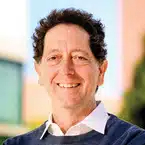
Kevan M. Shokat, PhD
University of California, Berkeley
Berkeley, California
For revolutionary discoveries in the field of chemical genetics, including pioneering work to develop the first covalent inhibitors of KRAS G12C capable of therapeutically targeting a once-undruggable oncogene, which led to clinical trials involving various cohorts of lung, colon, and pancreas cancer patients and which notably expanded the armamentarium of available agents to combat cancer.
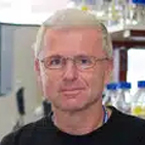
Andreas Strasser, PhD
Walter and Eliza Hall Institute of Medical Research
Parkville, Victoria, Australia
For trailblazing research devoted to identifying connections between apoptosis, autoimmunity, and cancer, including genetic studies that established BCL-2-related BH3-only proteins as being vital for inducing mitochondrial apoptosis; and for demonstrating that dysregulation of apoptosis can lead to cancer, autoimmune disease, and impaired therapeutic responses in cancer cells.
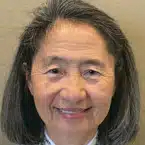
Jean Y. J. Wang, PhD
University of California San Diego School of Medicine
La Jolla, California
For critical research that has been vital to elucidating the mechanisms by which cells respond to various intracellular and extracellular stimuli, including how cancer cells manage to evade such signals to avoid cell death; and for efforts to define the various cellular functions of the c-Abl tyrosine kinase proto-oncogene and the retinoblastoma tumor suppressor protein.
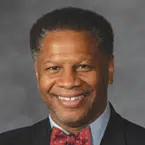
Robert A. Winn, MD
Virginia Commonwealth University School of Medicine
Richmond, Virginia
For heralded contributions to lung cancer research, cancer and health disparities, and community-based health care, including characterizing the molecular mechanisms that drive cellular proliferation and the role of senescence in lung cancer; and for dedicated efforts to champion health equity and access to care among underserved, high-risk cancer populations.
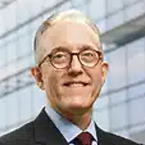
Jedd Wolchok, MD, PhD
Weill Cornell Medicine
New York, New York
For illustrious contributions to novel cancer immunotherapy strategies, such as demonstrating the benefits of checkpoint inhibitor therapy in melanoma; and for leading several pivotal clinical trials, including the phase I clinical trial for ipilimumab and the phase III clinical trial involving the combination of ipilimumab and nivolumab.
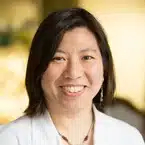
Catherine J. Wu, MD
Dana-Farber Cancer Institute
Harvard Medical School
Boston, Massachusetts
For groundbreaking discoveries involving immunogenic antigen targets; for developing genomic-guided immunotherapy and neoantigen-targeting cancer vaccines; and for translating these research findings into early-phase clinical trials designed to ascertain the clinical viability of personalized tumor vaccines in melanoma and glioblastoma patients.
AACR Scientific Achievement Awards and Lectureships recognize exceptional individuals who drive progress against cancer across multiple fronts. Recipients are honored for advancing scientific innovation, building critical collaborations, and developing the cancer workforce in service of the AACR’s mission.

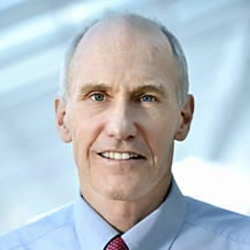
AACR Award for Lifetime Achievement in Cancer Research
Carl H. June, MD, FAACR
University of Pennsylvania Perelman School of Medicine
Philadelphia, Pennsylvania
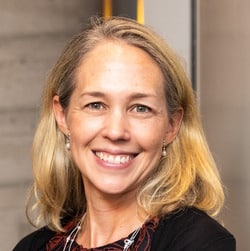
AACR Award for Outstanding Achievement in Basic Cancer Research
Kathryn E. Wellen, PhD
University of Pennsylvania Perelman School of Medicine
Philadelphia, Pennsylvania
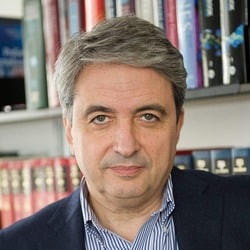
AACR Award for Outstanding Achievement in Blood Cancer Research
Riccardo Dalla-Favera, MD, FAACR
Columbia University
New York, New York
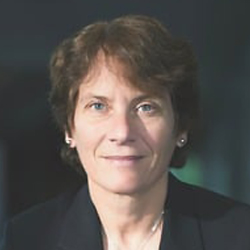
AACR Award for Outstanding Achievement in Chemistry in Cancer Research
Carolyn R. Bertozzi, PhD, FAACR
Stanford University
Stanford, California
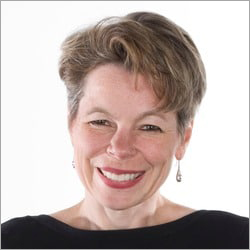
AACR Daniel D. Von Hoff Award for Outstanding Contributions to Education and Training in Cancer Research
Polly A. Newcomb, PhD
University of Washington
Seattle, Washington
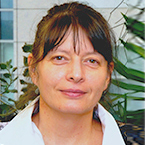
AACR Distinguished Lectureship in Breast Cancer Research
Kornelia Polyak, MD, PhD, FAACR
Harvard Medical School
Dana-Farber Cancer Institute
Boston, Massachusetts
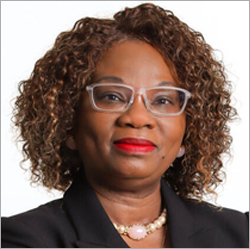
AACR Distinguished Lectureship on the Science of Cancer Health Disparities
Folakemi T. Odedina, PhD
Mayo Clinic Comprehensive Cancer Center
Jacksonville, Florida
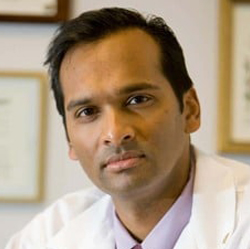
AACR James S. Ewing-Thelma B. Dunn Award for Outstanding Achievement in Pathology in Cancer Research
Arul M. Chinnaiyan, MD, PhD, FAACR
Howard Hughes Medical Institute
Ann Arbor, Michigan
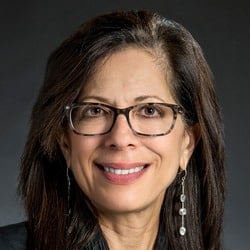
AACR-Margaret Foti Award for Leadership and Extraordinary Achievements in Cancer Research
Elizabeth M. Jaffee, MD, FAACR
Johns Hopkins University School of Medicine
Baltimore, Maryland
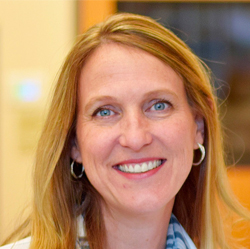
AACR Outstanding Investigator Award for Breast Cancer Research
Alana L. Welm, PhD
Huntsman Comprehensive Cancer Center
University of Utah
Salt Lake City, Utah
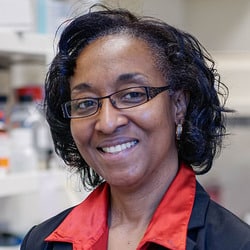
AACR Team Science Award
African Caribbean Cancer Consortium Team
Team Leader: Camille C.R. Ragin, PhD, MPH
Fox Chase Cancer Center
Philadelphia, Pennsylvania
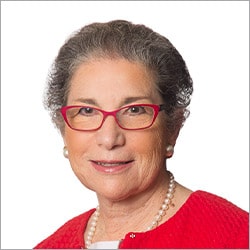
AACR-American Cancer Society Award for Research Excellence in Cancer Epidemiology and Prevention
Patricia A. Ganz, MD, FAACR
University of California, Los Angeles
Los Angeles, California
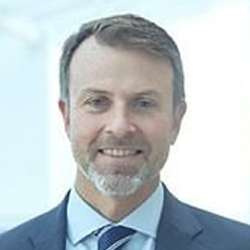
AACR-Cancer Research Institute Lloyd J. Old Award in Cancer Immunology
E. John Wherry III, PhD
University of Pennsylvania
Philadelphia, Pennsylvania
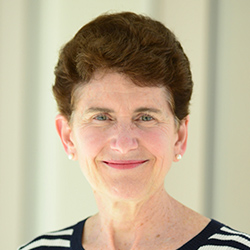
AACR-G.H.A. Clowes Award for Outstanding Basic Cancer Research
M. Celeste Simon, PhD, FAACR
University of Pennsylvania
Philadelphia, Pennsylvania
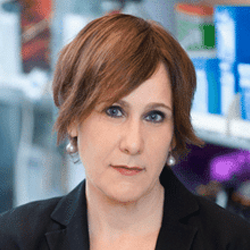
AACR-Irving Weinstein Foundation Distinguished Lectureship
Andrea Schietinger, PhD
Sloan Kettering Institute
Memorial Sloan Kettering Cancer Center
New York, New York
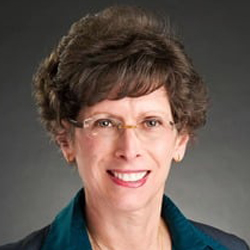
AACR-Joseph H. Burchenal Award for Outstanding Achievement in Clinical Cancer Research
Melissa M. Hudson, MD
St. Jude Children’s Research Hospital
Memphis, Tennessee
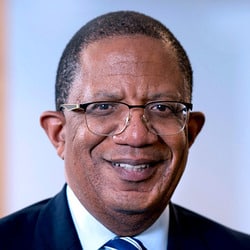
AACR-Minorities in Cancer Research Jane Cooke Wright Lectureship
Selwyn M. Vickers, MD
Memorial Sloan Kettering Cancer Center
New York, New York
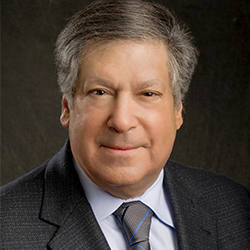
AACR Princess Takamatsu Memorial Lectureship
Robert D. Schreiber, PhD, FAACR
Washington University School of Medicine
St. Louis, Missouri
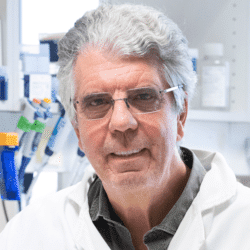
AACR-St. Baldrick’s Foundation Award for Outstanding Achievement in Pediatric Cancer Research
Olivier Delattre, MD, PhD
Inserm/Institut Curie
Paris, France
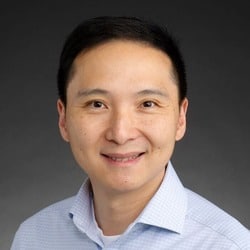
AACR-Waun Ki Hong Award for Outstanding Achievement in Translational and Clinical Cancer Research
Jun J. Yang, PhD
St. Jude Children’s Research Hospital
Memphis, Tennessee
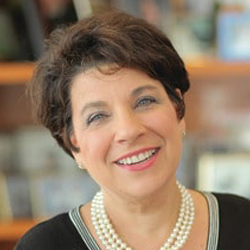
AACR-Women in Cancer Research Charlotte Friend Lectureship
Cory Abate-Shen, PhD
Columbia University
New York, New York
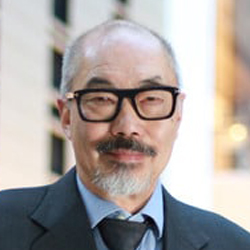
Pezcoller Foundation-AACR International Award for Extraordinary Achievement in Cancer Research
Tak W. Mak, PhD, FAACR
Princess Margaret Cancer Centre
Toronto, Ontario, Canada